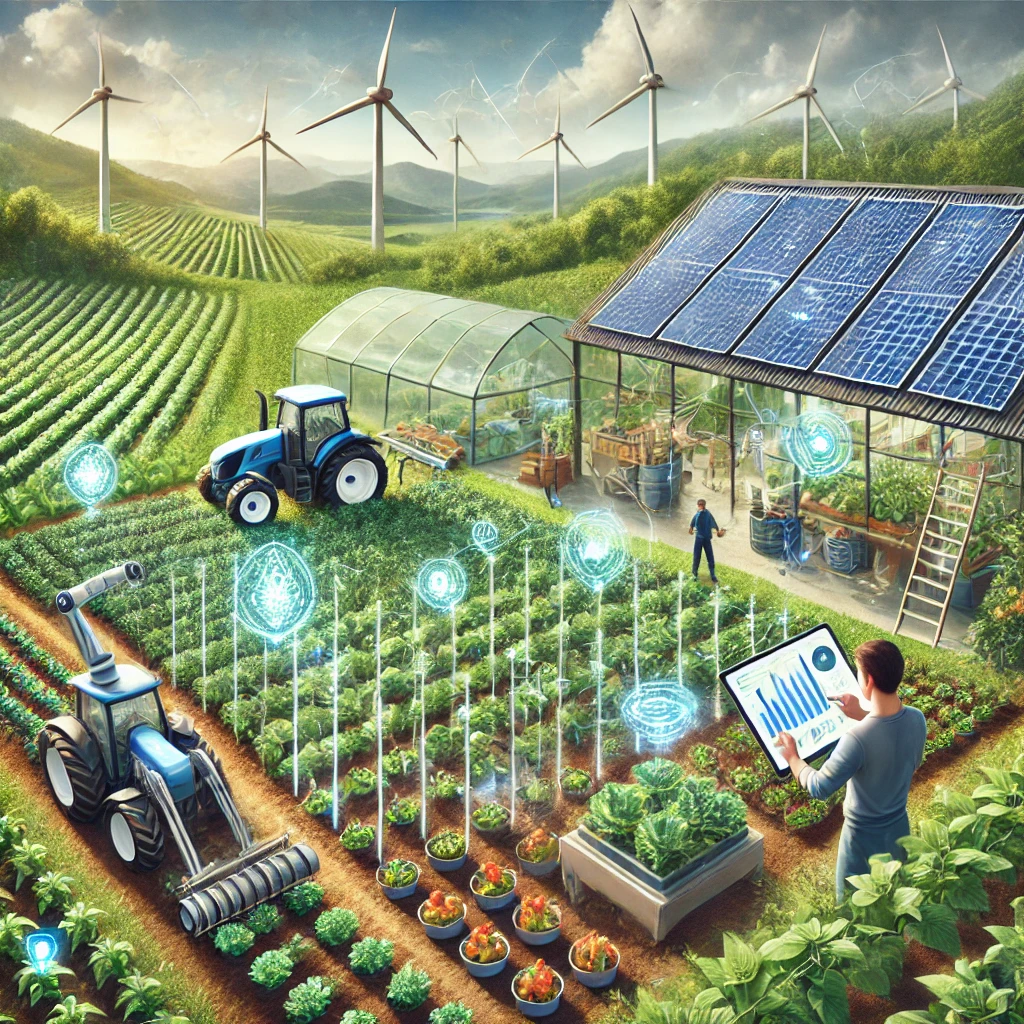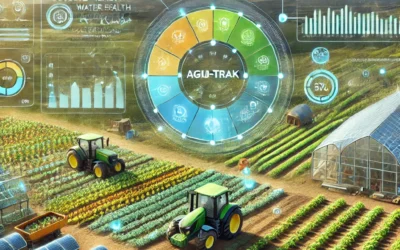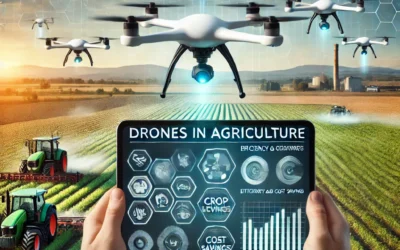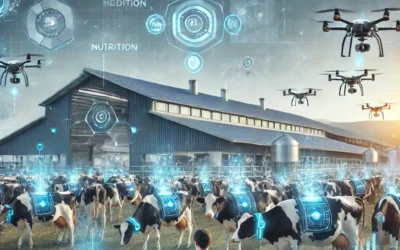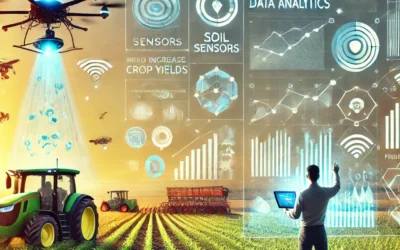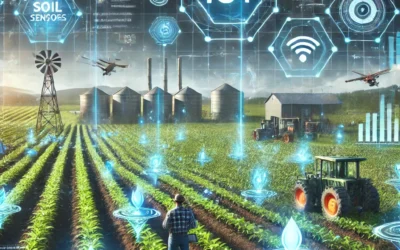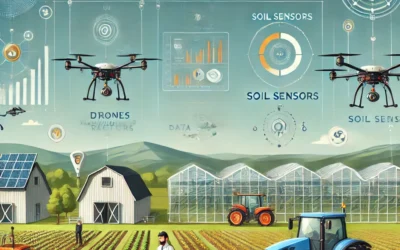Sustainable farming has become a cornerstone of modern agriculture, as farmers and agribusinesses work to balance the growing global food demand with environmental stewardship. The integration of technology into farming is transforming the way food is produced, ensuring that farming practices are not only more efficient but also more eco-friendly. In this article, we will explore how technological advancements are driving sustainable farming practices and reshaping the future of agriculture.
1. Precision Agriculture
One of the most significant contributions of technology to sustainable farming is precision agriculture. This method involves the use of GPS, satellite imagery, and data analytics to monitor and manage farming activities. By collecting real-time data on soil health, moisture levels, and crop conditions, farmers can make informed decisions about when to plant, water, and harvest. This reduces waste and conserves resources, such as water and fertilizers, which are often overused in traditional farming.
Precision agriculture also allows farmers to target specific areas of their fields that need attention, rather than applying water or chemicals uniformly. This localized approach reduces the environmental impact of farming while maximizing crop yields. With fewer inputs and less waste, precision agriculture is a key driver of sustainability.
2. Renewable Energy in Farming
Renewable energy sources, such as solar and wind power, are becoming increasingly popular in agriculture. Farms are large consumers of energy, and transitioning to renewable sources helps reduce greenhouse gas emissions and lower operational costs. Solar panels, for example, can be installed on farm buildings or in fields to generate electricity for irrigation systems, machinery, and other farm operations.
In addition to powering equipment, renewable energy can also be used to support off-grid farming operations in remote locations. This reduces the reliance on fossil fuels and promotes a cleaner, more sustainable energy footprint in agriculture.
3. Water Conservation Through Smart Irrigation
Water is one of the most critical resources in farming, and its scarcity poses a significant challenge to sustainable agriculture. Smart irrigation systems, which use sensors and data analytics to monitor soil moisture levels and weather conditions, are helping farmers conserve water while maintaining crop health. These systems can automatically adjust irrigation schedules based on real-time data, ensuring that crops receive just the right amount of water.
By optimizing water usage, smart irrigation systems reduce water waste, lower costs, and protect the environment. This technology is particularly valuable in regions prone to drought, where efficient water management is essential for long-term sustainability.
4. Robotics and Automation
The use of robotics and automation in farming is also contributing to sustainability. Automated machinery, such as self-driving tractors and robotic harvesters, reduces the need for manual labor and increases efficiency. These machines can work around the clock, planting, tending, and harvesting crops with minimal human intervention.
Automated systems are also more precise, which means they use fewer resources and produce less waste. For example, robotic weeders can identify and remove weeds without the need for herbicides, reducing the chemical footprint of farming. This precision reduces the environmental impact of farming while increasing productivity.
Conclusion
Technology is playing a pivotal role in transforming sustainable farming practices. From precision agriculture and renewable energy to smart irrigation and robotics, these innovations are helping farmers produce food more efficiently while minimizing their environmental impact. As the global population continues to grow, the adoption of these technologies will be essential in ensuring a sustainable and secure food supply for future generations.

